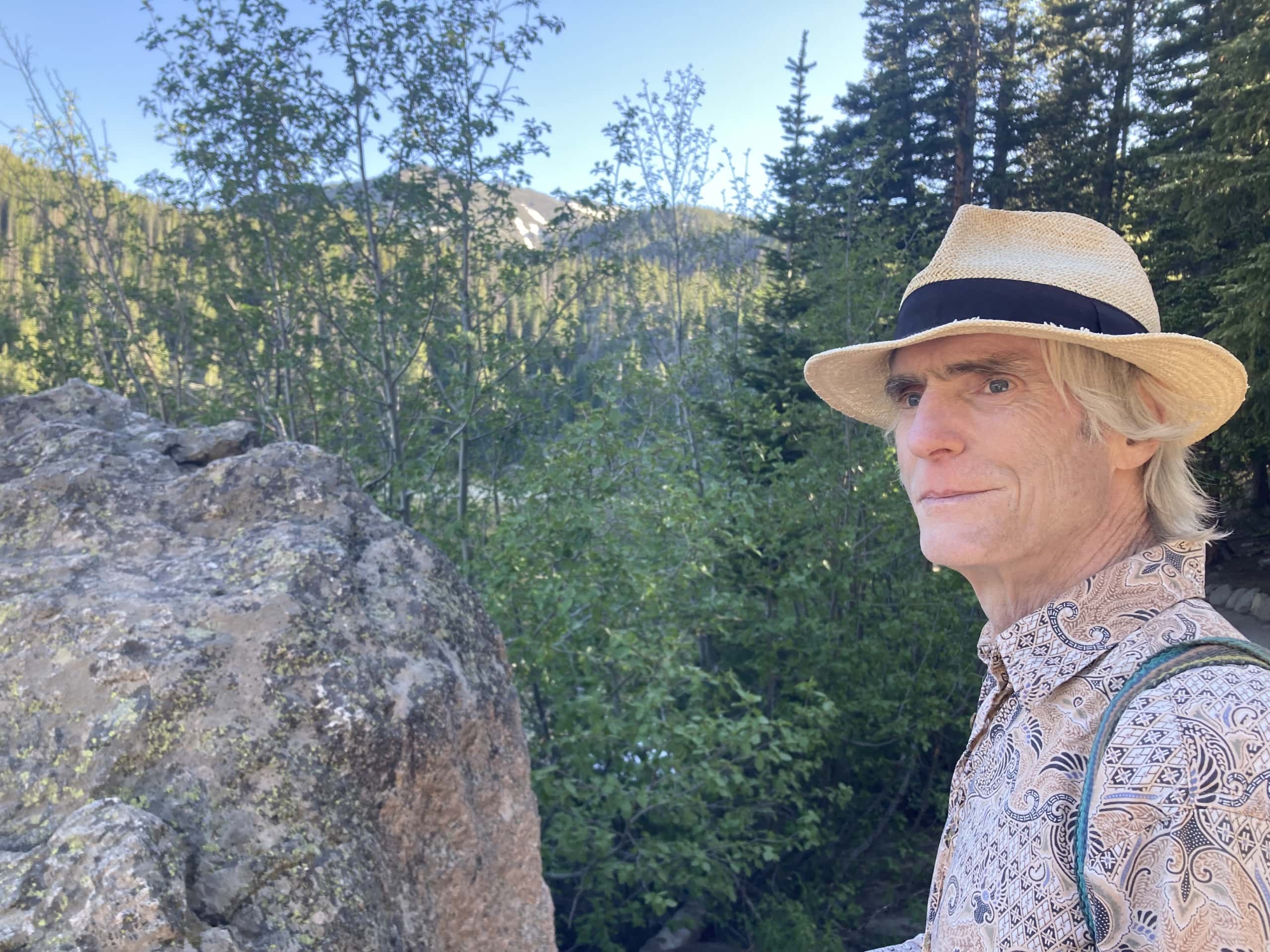In this installment of Psychedelica Lex, I interviewed Ron McNutt regarding the Church of the Celestial Heart’s mid-litigation victory, surviving a DEA motion to dismiss in the United States District Court.
You can WATCH THE EPISODE HERE.
Defendants included Merrick Garland (Attorney General of the United States), Anne Milgram (Administrator of the DEA), and Alejandro Mayorkas (Secretary of the U.S. Department of Homeland Security). The DEA had filed a motion to dismiss the case, but the court denied this motion. The lawsuit centered around the church’s desire to import and use their sacramental tea (also known as Daime or ayahuasca) for religious ceremonies in the United States. The tea contains trace amounts of a Schedule I chemical.
The Church of the Celestial Heart is a California non-profit religious corporation with approximately 350 members who share the same religious beliefs. It is based on the doctrine of the Santo Daime religion, founded in the 1930s by Mestre Raimundo Irineu Serra. Like the Santo Daime religion, Celestial Heart is a syncretic religion that blends various spiritual traditions, including esoteric Catholicism, Kardecist Spiritism, Brazilian Candomblé, Umbanda, and indigenous Brazilian shamanism. Celestial Heart aims to expand the syncretic nature of the Santo Daime religion and offers its teachings to an English-speaking audience. They use both Portuguese and English hymns in their practices.
Founded by Kai Karrel, the church seeks to provide teachings based on the Santo Daime tradition to English speakers. Their sacramental tea, Daime, has been used for over 2,000 years in religious ceremonies. Celestial Heart honors ancient traditions, respects elders and teachers, and carries forward this spiritual work. The church’s practices incorporate elements from various spiritual paths, creating a unique and syncretic experience. They utilize English translations of hymns and their own book of channeled prayers called ‘Prayerful Heart’. Despite legal challenges, Celestial Heart continues its mission to offer spiritual guidance and healing through their syncretic practices.
Ronald McNutt is a counselor at law. After forty years of primarily litigation practice in Nashville, he retired from the State of Tennessee, where he was employed from 2002 to 2023. Ron is a founding member of the Psychedelic Bar Association and serves as one of the stewards of the Litigation and Advocacy Committee and as a member of the Religious Use Committee. A 1983 graduate of The University of Georgia School of Law, he served as executive research editor of the Georgia Law Review and wrote a paper, The Free Exercise Clause and Religious Use of Psychedelics, in fall 1981. After clerkships with two federal judges, he practiced civil rights litigation at the minority-owned law firm in Nashville, Williams and Dinkins, for over ten years. Ron earned his degree in religion from Tufts University in 1978. He organized the Tufts Altered States of Consciousness Organization, which hosted lecturers including Dr. Carl A. P. Ruck and Dr. Walter Houston Clark. Ron also wrote research papers in college about the religious use of psychedelics, and marijuana and religion. Ron worked as a mental health worker in Boston from 1978-1980. He attended group psychotherapeutic sessions with Salvador Roquet, a Mexican psychiatrist who previously had led group therapy sessions using psychedelics and was associated with Maria Sabina and the Mazatec and Huichol people. Ron is an administrator for the Nashville Psychedelic Society and is active locally in the psychedelic space in discussion groups and as a volunteer journalist. Ron is a certified lay pastor with the Presbyterian Church (U.S.A.).
